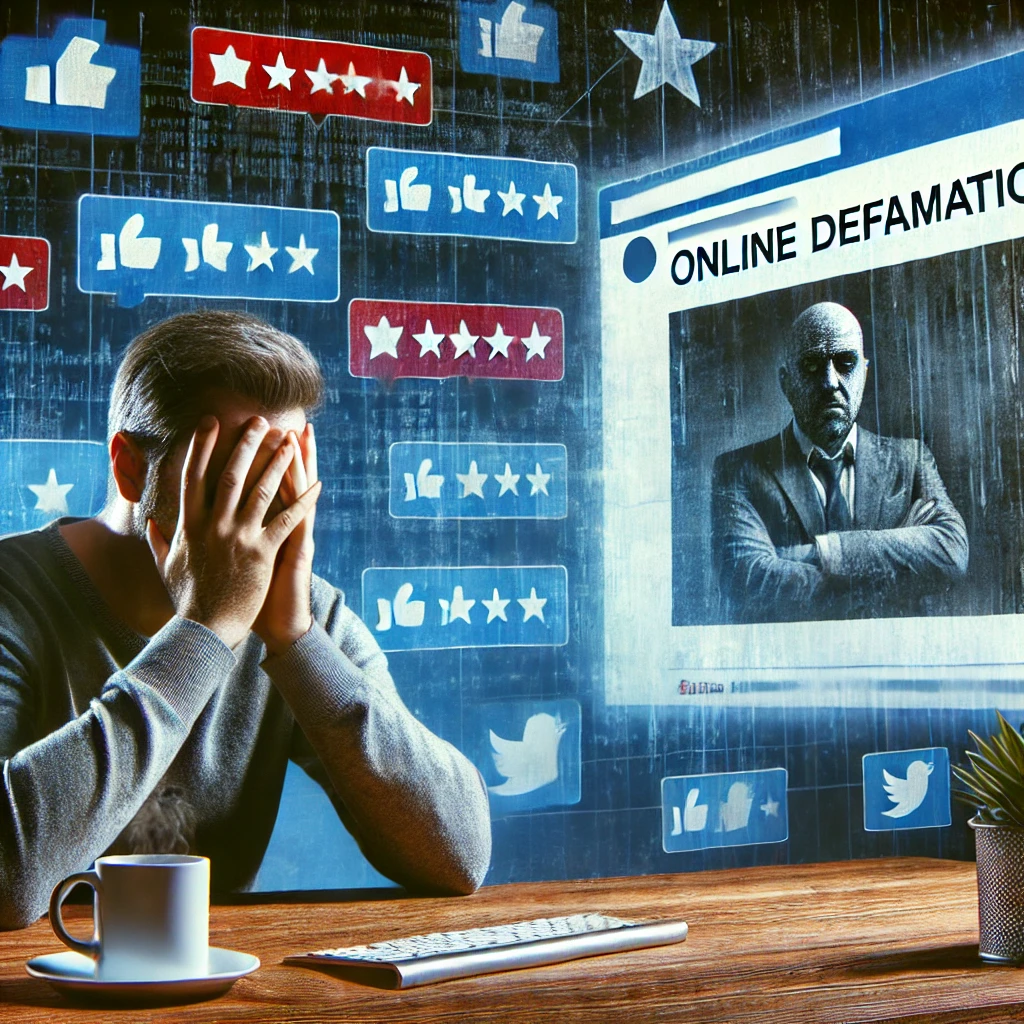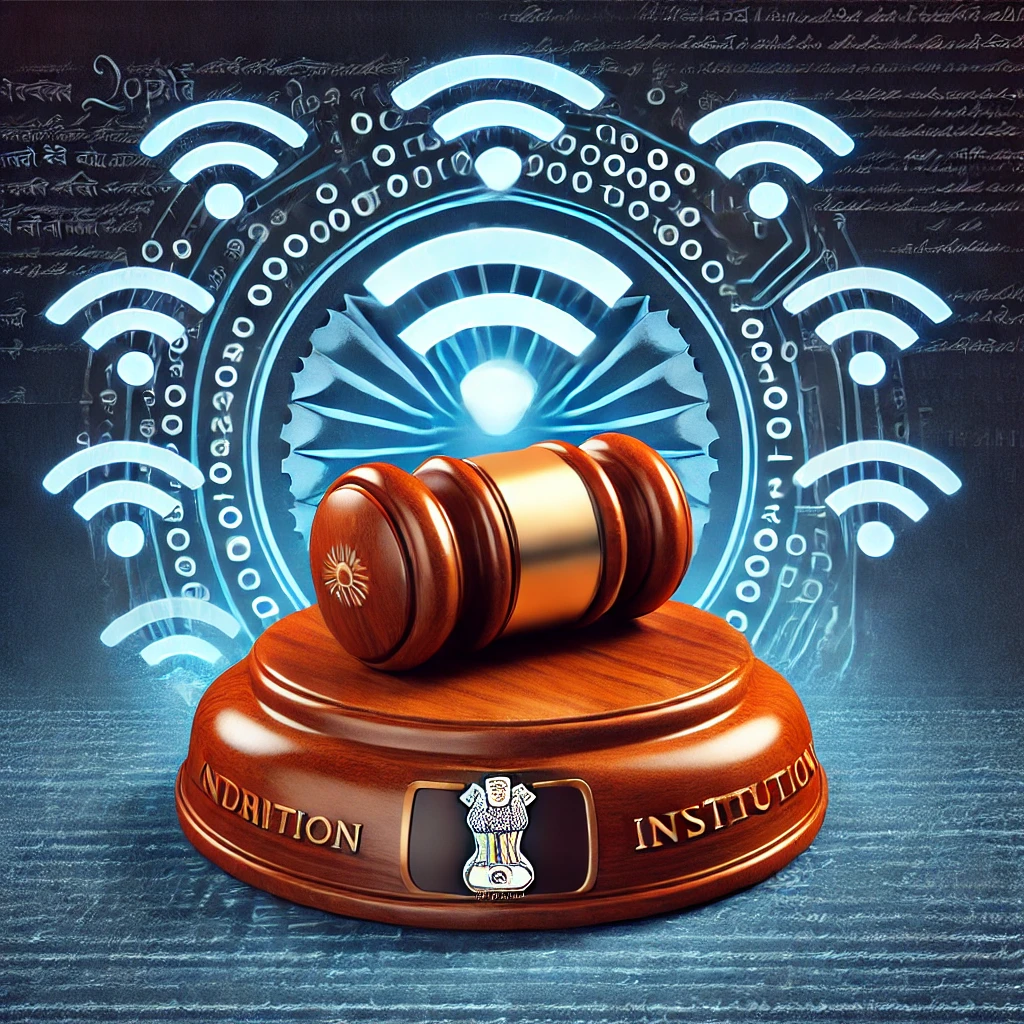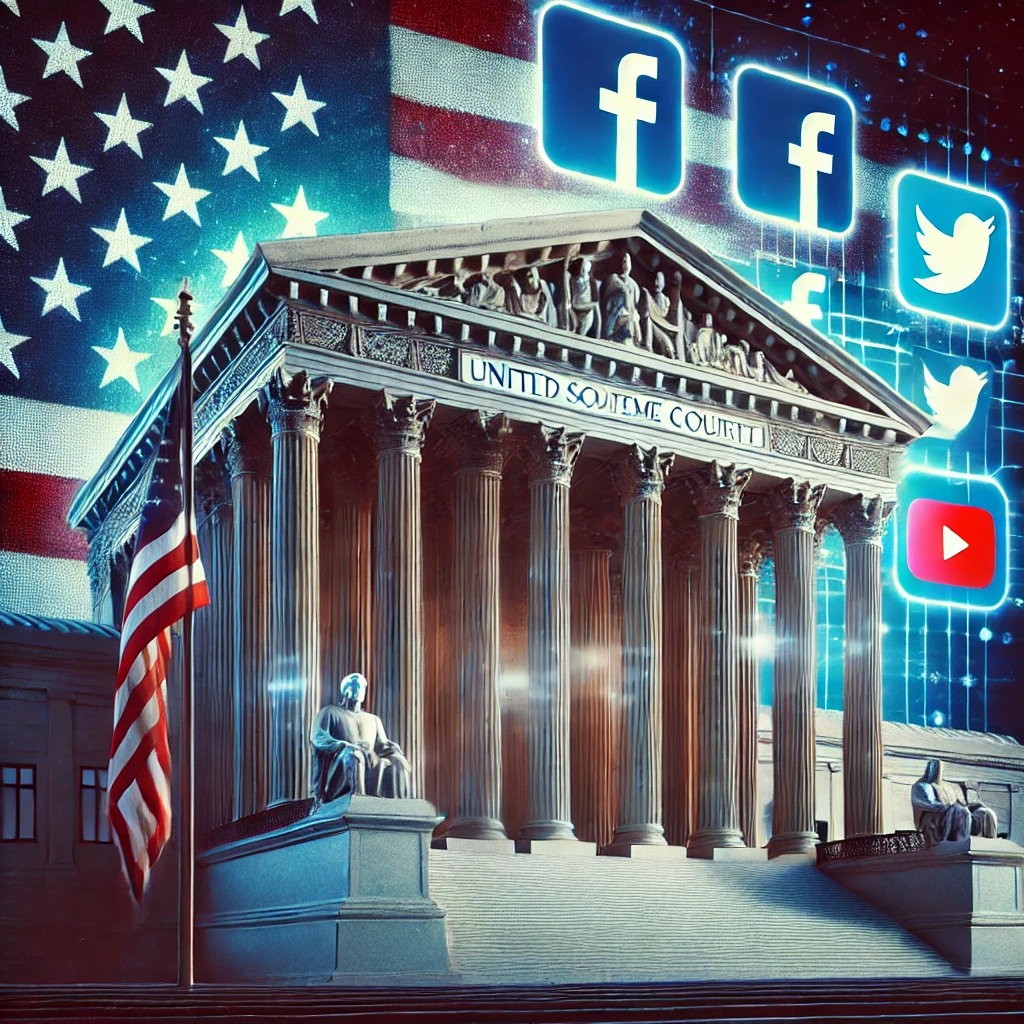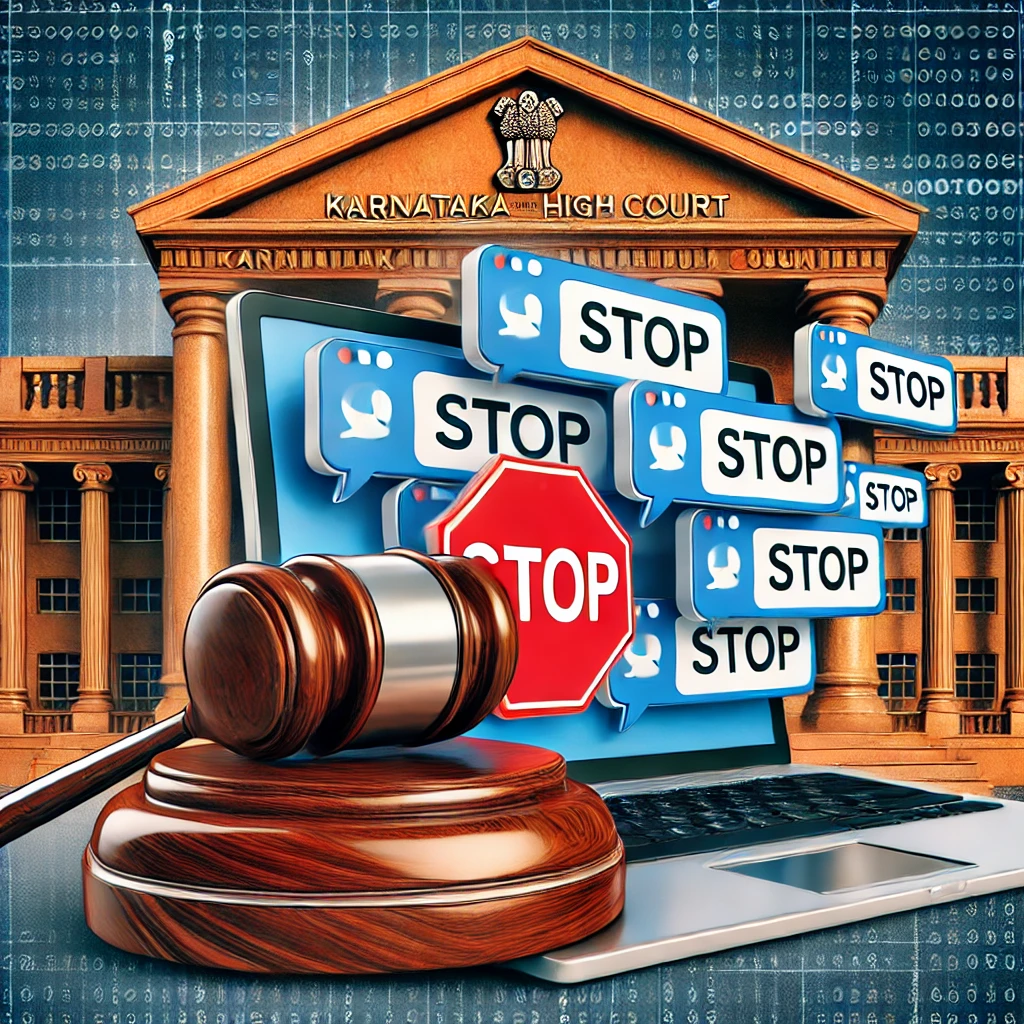Media laws at Croatia
Media laws in Croatia are governed by a combination of constitutional principles, national laws, and international human rights standards, particularly those aligned with European Union (EU) regulations. Croatia's legal framework offers significant protection for freedom of expression and press freedom. However, challenges still persist in terms of media concentration, government influence, and occasional pressures on journalists.
Here's an overview of the media laws in Croatia:
Media Laws in Croatia: Overview
📜 Key Legal Frameworks
Constitution of Croatia (1990, Revised in 2001 and 2010):
Article 38 of the Croatian Constitution guarantees freedom of expression and freedom of the press. It states that everyone has the right to freely express their opinions, and that information can be disseminated freely by media outlets.
These rights are not absolute and can be limited to protect other fundamental rights, such as the protection of reputation and privacy. In practice, the limitations on media freedom are rarely invoked but can be used in cases of national security, public order, or defamation.
Act on the Media (2004, with amendments):
The Act on the Media regulates the print and digital media sectors in Croatia and provides a detailed framework for the freedom of media, journalistic rights, and the obligations of media owners and publishers.
It mandates that media outlets provide accurate and impartial information, and it imposes ethical standards to ensure the protection of pluralism and diversity in the media landscape.
This law also protects the freedom of journalists to report without undue influence or interference.
Electronic Media Act (2009, with amendments):
This law specifically governs broadcasting, television, and radio services in Croatia. It establishes a regulatory framework for the operation of electronic media.
It requires broadcasters to ensure a balance of viewpoints in their content and offers provisions for public service broadcasting.
The Croatian Regulatory Authority for Network Industries (HAKOM) is tasked with overseeing and regulating broadcasting licenses, media concentration, and ensuring that media outlets adhere to the law.
Law on the Right of Access to Information (2003):
This law ensures the public's right to access information held by state bodies, enhancing transparency and government accountability.
It applies to all governmental and public institutions, including media outlets seeking to report on government affairs.
Defamation Law:
Defamation is both a civil and criminal offense in Croatia. If a journalist or media outlet is found guilty of publishing false statements that harm someone's reputation, they may face legal consequences, including fines and penalties.
However, there are strong press freedom protections, and defamation laws are not typically used to restrict journalistic expression. The state tends to protect media outlets' right to report on matters of public interest.
Law on Public Service Media (2010):
The Public Service Media Law regulates the activities of HRT (Croatian Radiotelevision), the national public broadcaster. The law emphasizes the need for independent and objective reporting in public service media.
It ensures that HRT operates without government interference and that its content reflects a wide array of viewpoints.
EU Media Regulations:
As an EU member state, Croatia is subject to EU media regulations and policies, which include commitments to media pluralism, transparency, and digital media freedom.
Croatia’s media laws must align with EU standards, including the Audiovisual Media Services Directive (AVMSD), which governs broadcasting and on-demand services across the EU.
📰 Media Environment in Croatia
Print Media:
Croatia has a wide range of newspapers, magazines, and periodicals. Some of the most prominent print outlets include Jutarnji List, Večernji List, and Novi List. These newspapers cover national and international news, but they are often seen as aligned with specific political and business interests.
Independent print media outlets are present but face challenges in terms of financial sustainability and competition from digital media.
Broadcast Media:
Television and radio are the dominant forms of media in Croatia. The Croatian Radiotelevision (HRT) is the state-owned public broadcaster, and it operates several TV channels and radio stations.
Private broadcasters include major players like Nova TV, RTL, and Doma TV, which offer a variety of programming, including news, entertainment, and reality shows.
Public service broadcasting in Croatia is designed to ensure media diversity and public interest, but critics often point out the influence of politics and commercial interests in the content.
Digital Media:
The digital media landscape in Croatia is growing, with a significant number of online news outlets, blogs, and social media platforms offering news and opinions.
Popular digital news sources include Index.hr, Tportal, and Net.hr. These outlets are often critical of the government and business elites, and they play a significant role in shaping public discourse.
Social media platforms like Facebook and Twitter are widely used by both individuals and media outlets to share news, opinions, and commentary.
Croatia also has a growing number of digital-native outlets that focus on investigative journalism and in-depth reporting, though they face challenges in competing with traditional media giants.
⚖️ Key Challenges in Media Law
| Issue | Status in Croatia |
|---|---|
| Press Freedom | Freedom of expression is guaranteed, but challenges remain regarding political influence, economic pressure, and media concentration. |
| Media Concentration | Media ownership in Croatia is concentrated in the hands of a few large conglomerates, limiting media diversity. |
| Defamation Laws | Defamation laws exist, but they are typically used to defend reputations rather than restrict journalistic freedom. However, there is a risk of overuse in cases involving public officials. |
| Broadcasting Regulation | The HAKOM regulates broadcasting, but the public service broadcaster HRT has been accused of political influence. |
| Digital Media | Digital media is growing, but legal challenges related to online content regulation and media ownership persist. |
| Journalist Safety | Journalists in Croatia face harassment, intimidation, and violence on occasion, especially when reporting on corruption or organized crime. |
🛡️ Protection for Journalists
Legal Protections: Croatian law provides significant protections for journalists, including the right to access information, editorial independence, and the right to protect their sources.
Self-Censorship: Despite strong legal protections, many Croatian journalists face pressure from political and business elites, leading to self-censorship, especially in relation to sensitive topics like government corruption.
Harassment: Journalists who investigate corruption or organized crime have faced harassment, threats, and violence. These incidents often go unpunished, creating a chilling effect on investigative reporting.
International Monitoring: Press freedom organizations like Reporters Without Borders (RSF) and Freedom House closely monitor the state of media freedom in Croatia, highlighting areas of concern and recommending reforms.
📡 Media Regulation Authorities
Croatian Regulatory Authority for Network Industries (HAKOM):
HAKOM regulates the telecommunications sector, including broadcasting and telecommunication services.
It is responsible for ensuring that broadcasters adhere to legal requirements, including licensing, content regulation, and ensuring diversity in media ownership.
Council for Electronic Media (VEM):
VEM oversees broadcasting and ensures that broadcasters comply with legal obligations. It is responsible for monitoring the content of radio and television stations and ensuring that public interest and diversity are maintained.
Croatian Radiotelevision (HRT):
HRT is Croatia’s public broadcaster, which operates television and radio channels.
HRT is supposed to serve the public interest and provide independent and impartial programming. However, it has faced criticism over political interference in its editorial decisions.
Croatian Journalists' Association (HND):
The HND represents Croatian journalists and advocates for the protection of press freedom, ethical standards, and journalists' rights.
It plays a role in promoting the safety and well-being of journalists in Croatia.
📌 Conclusion
Media laws in Croatia provide a solid legal framework for freedom of expression and press freedom, but challenges related to media concentration, political interference, and the safety of journalists persist. While the legal protections for journalists are generally strong, issues such as self-censorship, harassment, and media ownership continue to shape the media landscape. The Croatian government has made significant strides in protecting press freedom, but media independence remains an ongoing challenge.
\




















0 comments